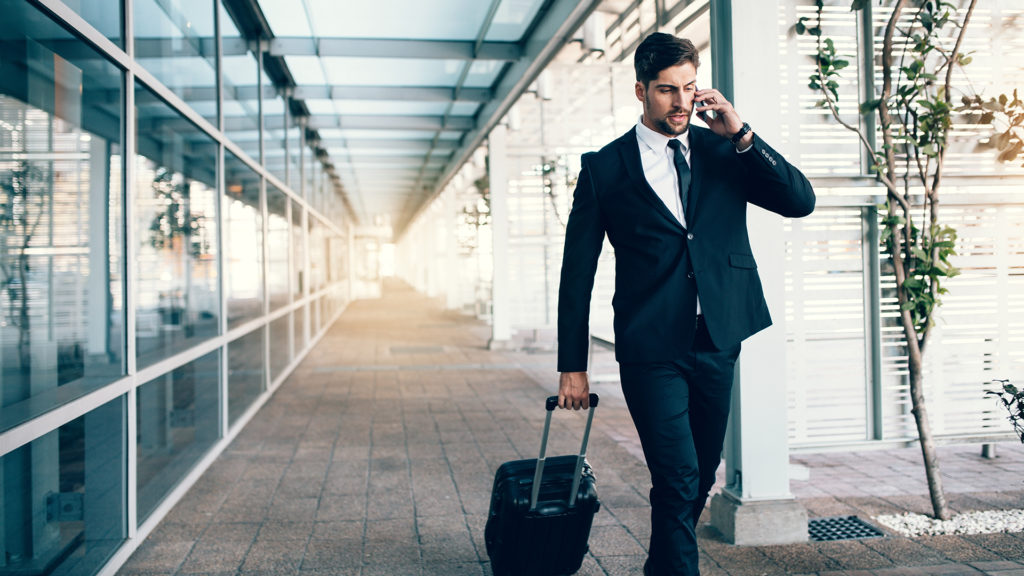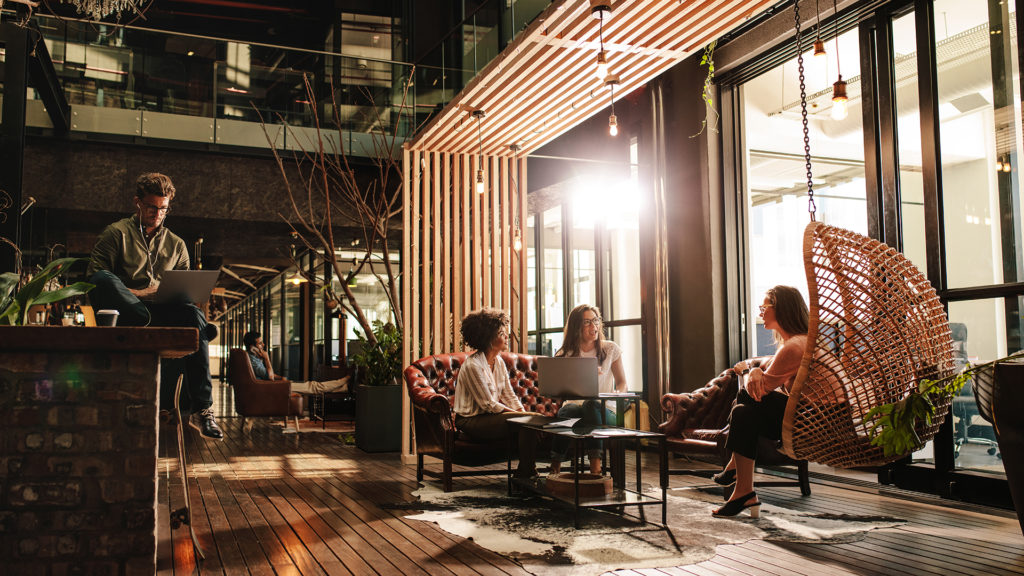What will office work look like in
2021 and beyond?
The coronavirus pandemic has changed the way we view our lives–and our work. We’ve reconnected with values we might have lost touch with over the past decade of prosperity: time with family and friends, appreciation for the workers who make our essential businesses and services run, and the idea of putting the needs and wellbeing of others before our own.
We’ve also had the chance to reevaluate the way we work, learning in a matter of a few weeks what was essential to the workplace and what was merely tradition.
It makes sense that some office procedures will change forever. Here are some that might change right away.

01. If work can be done remotely, it will be done remotely.
Face time has been losing its value as a measure of productivity for years – the millennial generation has been trying to convince management of that since it entered the workforce. By May 2020, 62 percent of workers were working from home, double the number from March 2020.
During the pandemic lockdowns, we learned that workers are as productive and much happier at home. A June survey by PwC indicated that 83 percent of workers surveyed wanted to work remotely at least one day a week going forward. About 50 percent want to work remotely all the time, while the other half miss interacting with colleagues and want to return to the office.

02. Business travel will become a thing of the past.
Now that handshakes have become a safety hazard, they’ll no longer be a reason to travel to a customer to close a deal. Workers are becoming accustomed to remote meetings, and events like conferences have developed creative ways to incorporate remote attendees.
The cost savings to business will be significant, but will come at great cost to industries that support business travel, such as airlines and hospitality.

03. Office spaces will become conference centers and co-work spaces.
Commercial real estate experts predict that traditional office buildings will shrink dramatically and be repurposed as spaces for ad hoc groups to meet. Desks will be spaced out to maintain safe distance, and plexiglass barriers will become commonplace.
Designers will even rethink construction materials, choosing fabrics and surfaces that can stand up to frequent cleaning and sanitizing chemicals.
You can expect to see plenty of hand sanitizing stations, PPE handed out to visitors and guests, and more touch-free technology for doors and sink fixtures; voice-activated light switches and elevators will become standard features.

04. Health checks will be commonplace.
Employers have the right to check temperatures and require antibody tests or certificates, according to HR and employment law specialists.
As long as the company doesn’t discriminate by singling out some employees for health screening and not others, asking for health information is legal.
Change is good.
If you’re looking for a positive change in your career, we can help! Take a look at the opportunities we’re currently hiring for.